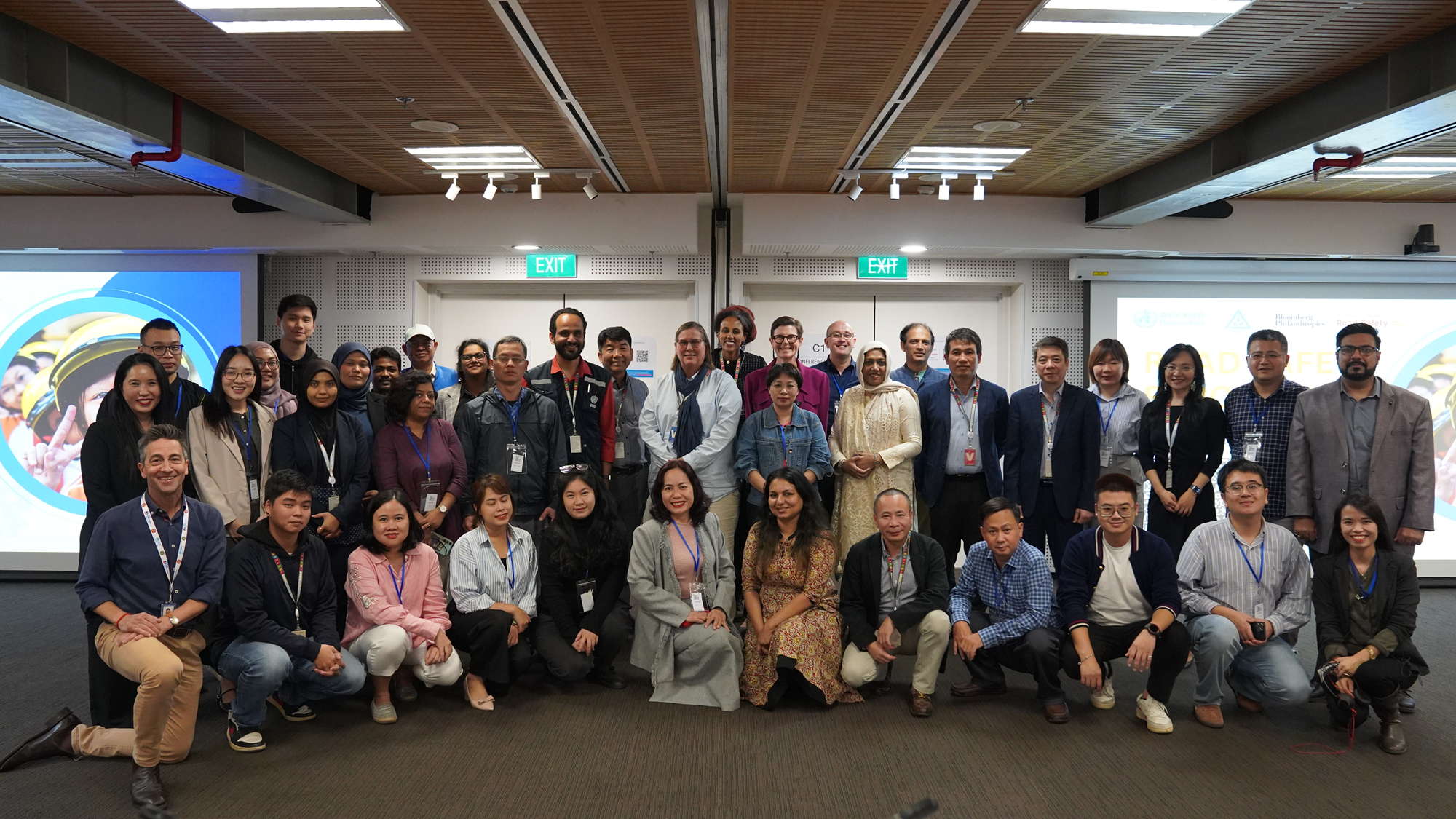
New coalition to tackle digital challenges in the new normal in Asia and the Pacific
Atsuko Okuda, Regional Director, ITURegional Office for Asia and the Pacific
Philomena Gnanapragasam, Secretariat Director, Asia-Pacific Institute for Broadcasting Development (AIBD)
The COVID-19 pandemic has transformed various facets of life, the way we work and communicate, the mode of service delivery and how values are digitally created in rural as well as urban areas, in developed and developing countries alike. Digital connectivity and technology have been facilitating the transition to ensure that essential services are provided to all, while accelerating digital transformation at a much faster speed now.
However, digital transformation is not new, and has started long before the COVID-19 pandemic became the global emergency. Industry 4.0, and wide and rapid introduction of emerging technologies, such as artificial intelligence, Internet of Things, Big Data and cloud computing, have been underway and have been transforming sectors such as manufacturing, logistics, agriculture, banking, retail, among others.
What is new is that the COVID-19 pandemic also shed light on existing and emerging issues associated with the accelerating digital transformation. The digital divide is one of the persistent challenges the world has been grappling with. According to the economic roundtable of experts, organized by ITU in 2020, the countries with excellent digital infrastructure weathered the negative consequences of COVID- 19 far better than those without, as much as 50% of negative economic consequences were mitigated in those countries with good digital infrastructure. Another emerging challenge is disinformation. Under the COVID-19 lockdowns, social media was abuzz with home remedies and unscientific advice on how to avoid and mitigate the infection, to the detriment of the health of vulnerable groups, older persons and low-income families.
However, digital transformation is not new, and has started long before the COVID-19 pandemic became the global emergency.
In response to the persisting and emerging challenges, ITUhas been developing a new coalition and synergies between new and traditional broadcasting media. The ITURegional Office for Asia and the Pacific has been partnering with the Asia-Pacific Institute for Broadcasting Development (AIBD) located in Kuala Lumpur, Malaysia.
AIBD is an Intergovernmental international organisation formed in 197 under the auspices of UNESCO, ITU and the UNDP hosted by the Malaysian Government. Today with 26 full governments and more than 60 affiliates in Asia Pacific, Africa and Europe. AIBD sets the media agenda together with UN partners, governments and industry experts. AIBD is currently working with WHO in prioritising Health Journalism and has come up with a Communications manual. It also undertook a Disinformation study in 2020 among its members together with UNESCO. AIBD is now actively championing the importance and relevance of traditional media to policy makers in the region and also reinforcing media’s mandate as the Fourth Pillar of Democracy.
In response to the persisting and emerging challenges, ITU has been developing a new coalition and synergies between new and traditional broadcasting media.
While the Internet and new media have versatile means to communicate and present information and messages, the traditional broadcasting media, such as television and radio, have much wider geographical coverage, deep into remote and rural areas. The latter remain to be the essential means to receiving daily information among the vast majority of people in developing countries.
In order to reach the unconnected and convey the authoritative message on the importance of digital empowerment and opportunities, innovative collaboration with the broadcasting industry is surely effective. One example of such synergies and cooperation manifested in the AIBD event ITUpartnered with –Women Leading the New Future. In September 2020, AIBD hosted this global webinar on women leaders; exploring their journeys, the challenges they had faced and how they adapted in their individual fields; their strategies that helped them navigate the road to leadership in this digital era.
From women at the frontline of COVID management to economic freedom; and from women at the forefront of Science and ICT to socio-economic wellbeing, the Webinar witnessed the women leaders speaking on various issues, challenges and way forward to lead the ‘new future’. The Webinar also provided a platform for the women leaders to discuss the opportunities and strategies to manage the evolving roles and responsibilities.
ITU is also partnering with AIBD to assist member countries to tackle disinformation related to COVID-19.
ITU is also partnering with AIBD to assist member countries to tackle disinformation related to COVID-19. Broadcasting media are trusted as an authoritative, credible source of information, when there is rampant disinformation on COVID-19 remedies and unscientific information on social media. In order to address the challenge plagued online, ITUis organizing an event with AIBD and Bhutan Broadcasting Service (BBS) to discuss how to combat the deep fakes that is circulating.
As a culmination of our partnership, ITUand AIBD are working to sign a memorandum of understanding to formalize the partnership. The MOUwill pave the way for closer collaboration between the two organizations.
This new coalition is expected to encourage broadcasters to participate actively in the regional and global discussions ITUis leading in 2021. ITU’s World Telecommunication Development Conference (WTDC), which is organized every 4 years, is scheduled to be held in November 2021 in Addis Ababa, Ethiopia. The Conference is expected to shape the digital future and discuss how ITUand its members support the implementation. In Asia and the Pacific, the virtual Regional Preparatory Meeting (RPM) is planned from 9 to 10 March 2021. Together with member countries, ITU, AIBD and other partners will join forces to tackle existing and emerging challenges and deliver the digital future we want in Asia and the Pacific.






